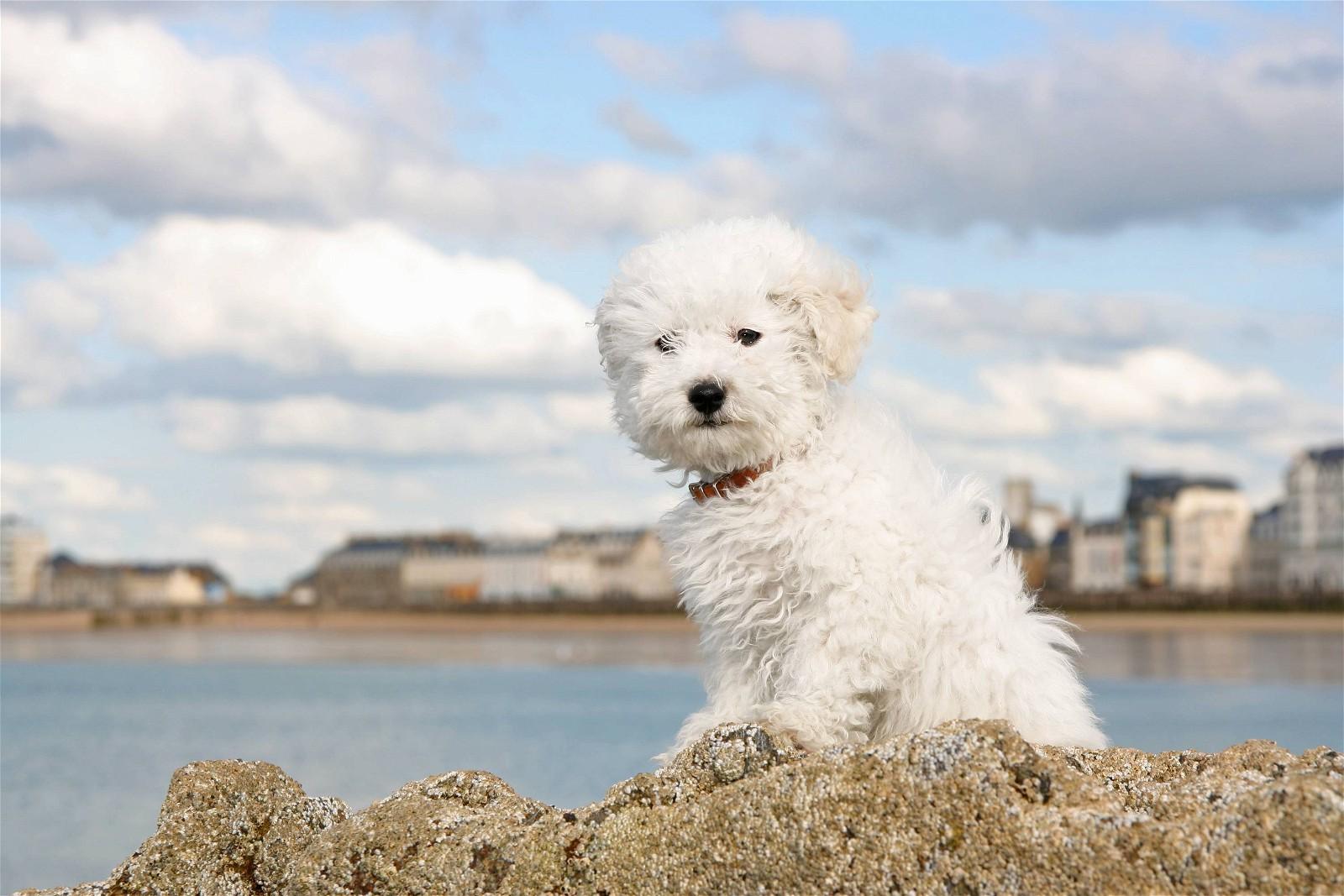8 Best Hypoallergenic Dog Breeds
Hypoallergenic dogs have become increasingly popular, mostly due to allergy-suffering pet parents wanting no-shed or low-shed dogs to minimize allergy-spreading dander around the house.
Confused as to what makes a dog hypoallergenic? Not sure if popular Doodle mixes are right for you? The Spot Team has rounded up the eight best hypoallergenic dog breeds that might be the paw-fect fit for your furry family!
What does “hypoallergenic dog” mean?
Hypoallergenic simply means that something has a low chance of producing an allergic reaction. If you’re a severe allergy sufferer, this does not mean that it absolutely will not create an allergic reaction, it simply means that the chances of a reaction happening are lower. It’s important to understand that no single dog is 100 percent hypoallergenic. There is little evidence to prove low-allergen levels of certain breeds, as they often vary from dog to dog, and even depend on things like their saliva and sex, too.
Although no dog is truly hypoallergenic, there are certain characteristics breeders look for when determining if a dog will minimize allergy suffering.
Hypoallergenic dog traits include:
No-shed or low-shed fur coat
Single-layer coat
Hairless
Given that dander is often floating in the air, it is easily spread through dogs’ fur shedding throughout the home. Having a pet that sheds minimally will help keep dander from spreading inside. Dogs with single coats of fur typically shed minimally when compared to those with dense, double-layered coats like German Shepherds and Golden Retrievers.
Small Hypoallergenic Dog Breeds
1. Bichon Frise
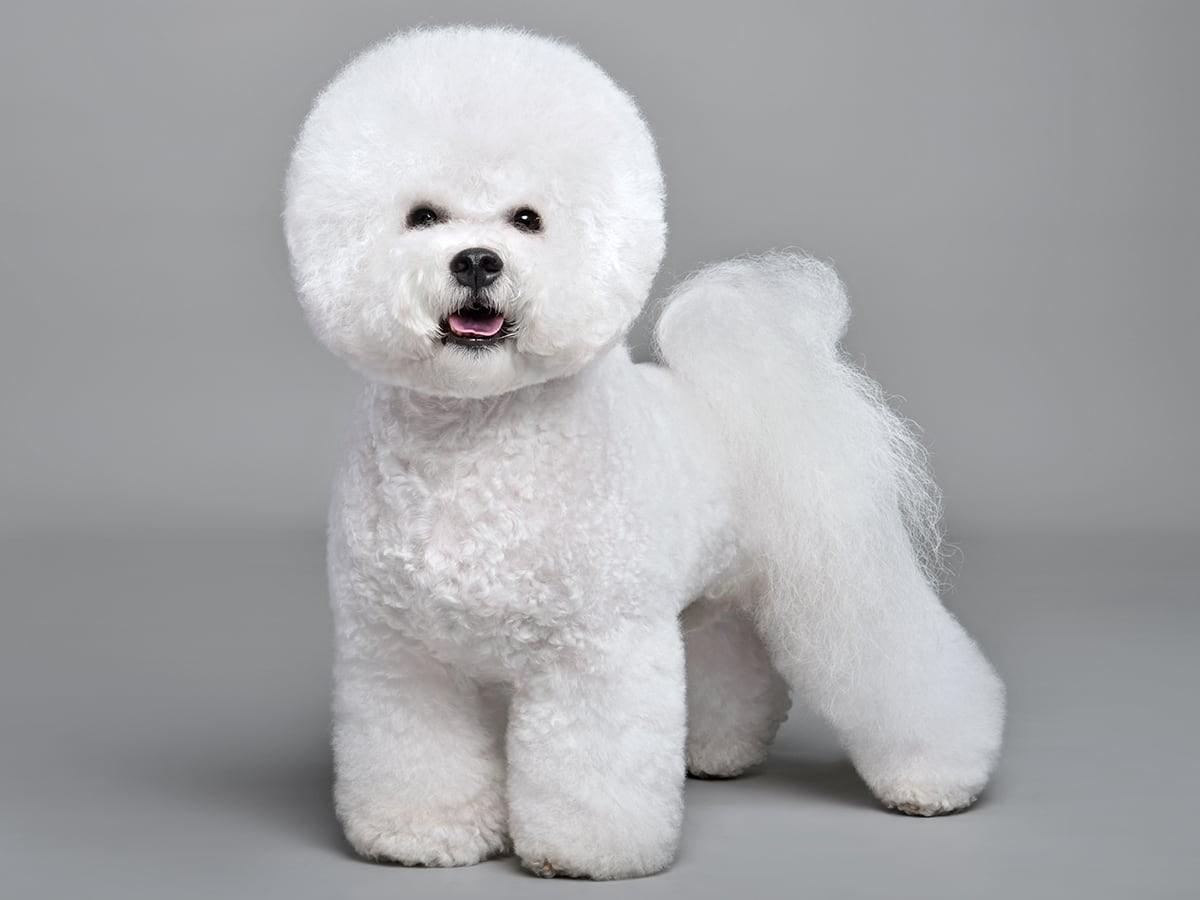
These small puff balls are loads of fun. Playful, smart, and well-balanced, the Bichon Frise is a great choice for a small hypoallergenic dog. They rarely shed, and most Bichon owners keep upon regular grooming to minimize this. Bichons are great dogs for older people because of their size and well-mannered temperament. These dogs don’t drool either, but you might want to keep a wipe handy to make sure the fur around their mouth stays nice and bright!
2. Affenpinscher
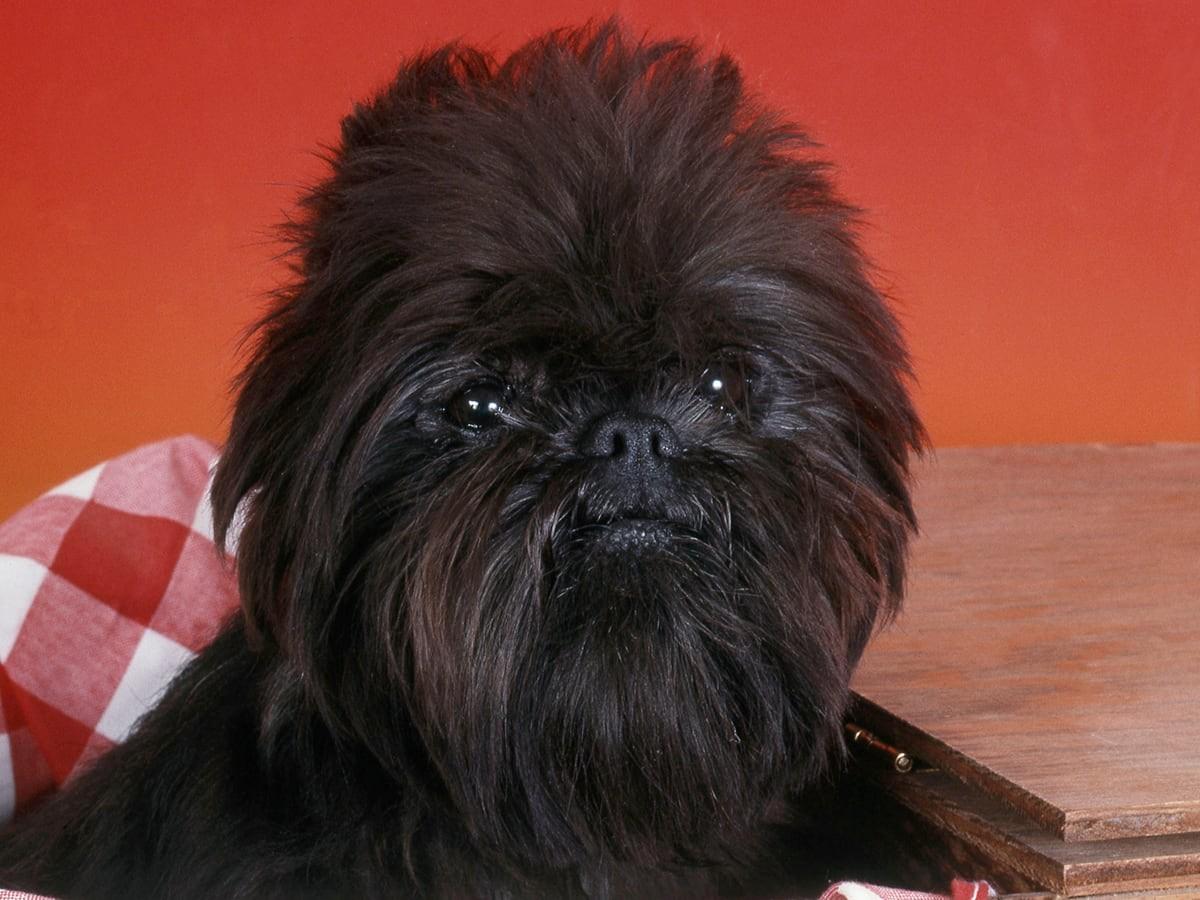
Affenpinschers are unique little pups because not only do they shed their fur infrequently, but their fur also takes a long time to grow back. This gives you and your allergies a much-needed break. Its outer layer of fur is good at concealing dander within it and not spreading it onto other surfaces. Just don’t forget to brush them outside every once in a while! You may also be interested in Miniature Pinscher. Know about the cost of owning an Affenpinscher here.
3. Maltese
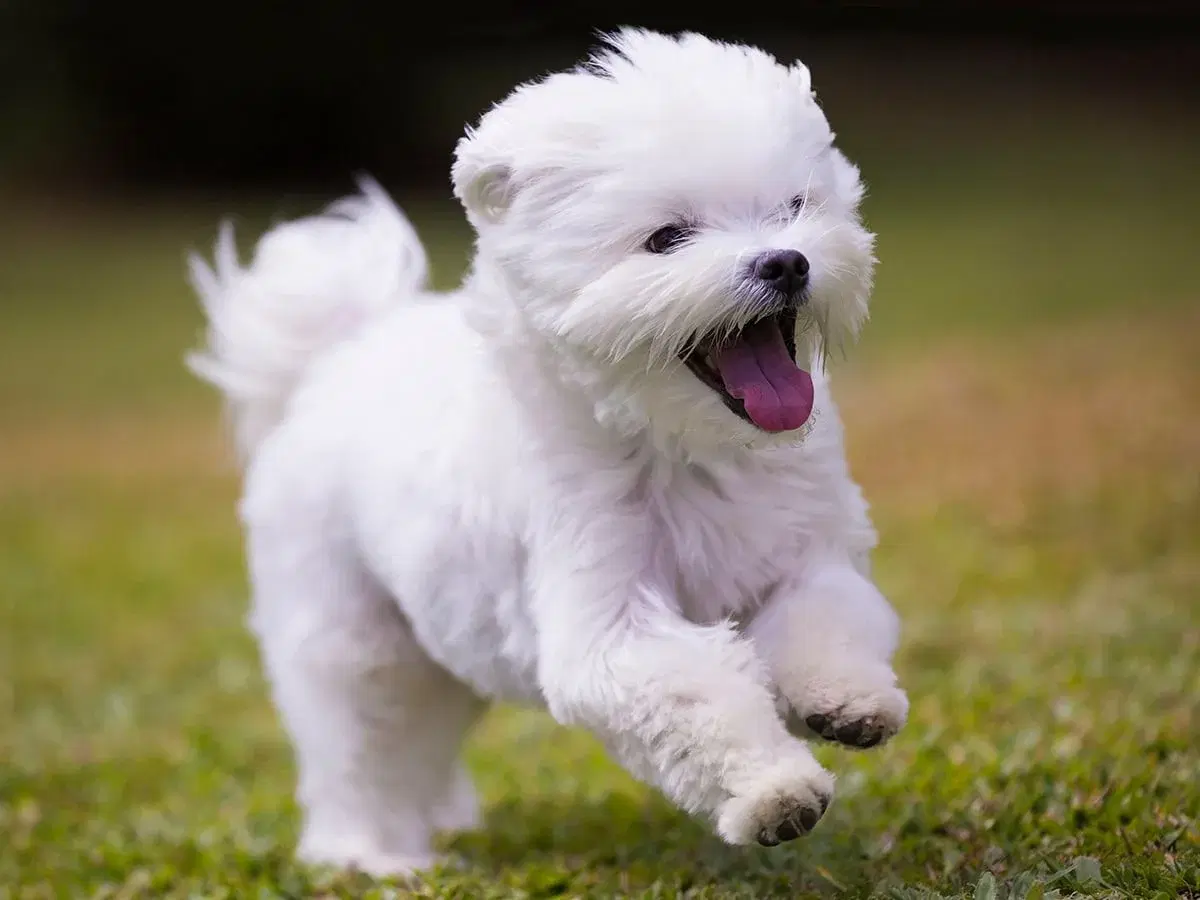
The key to the small but mighty Maltese’s ability to be hypoallergenic is in its straight, single coat of hair. They are easy to train, temperate, and have an overall happy-go-lucky attitude. Maltese is a great choice for people with dog allergies. We've analyzed the typical financial outlay for owning a Maltese here.
Small Hypoallergenic Dogs
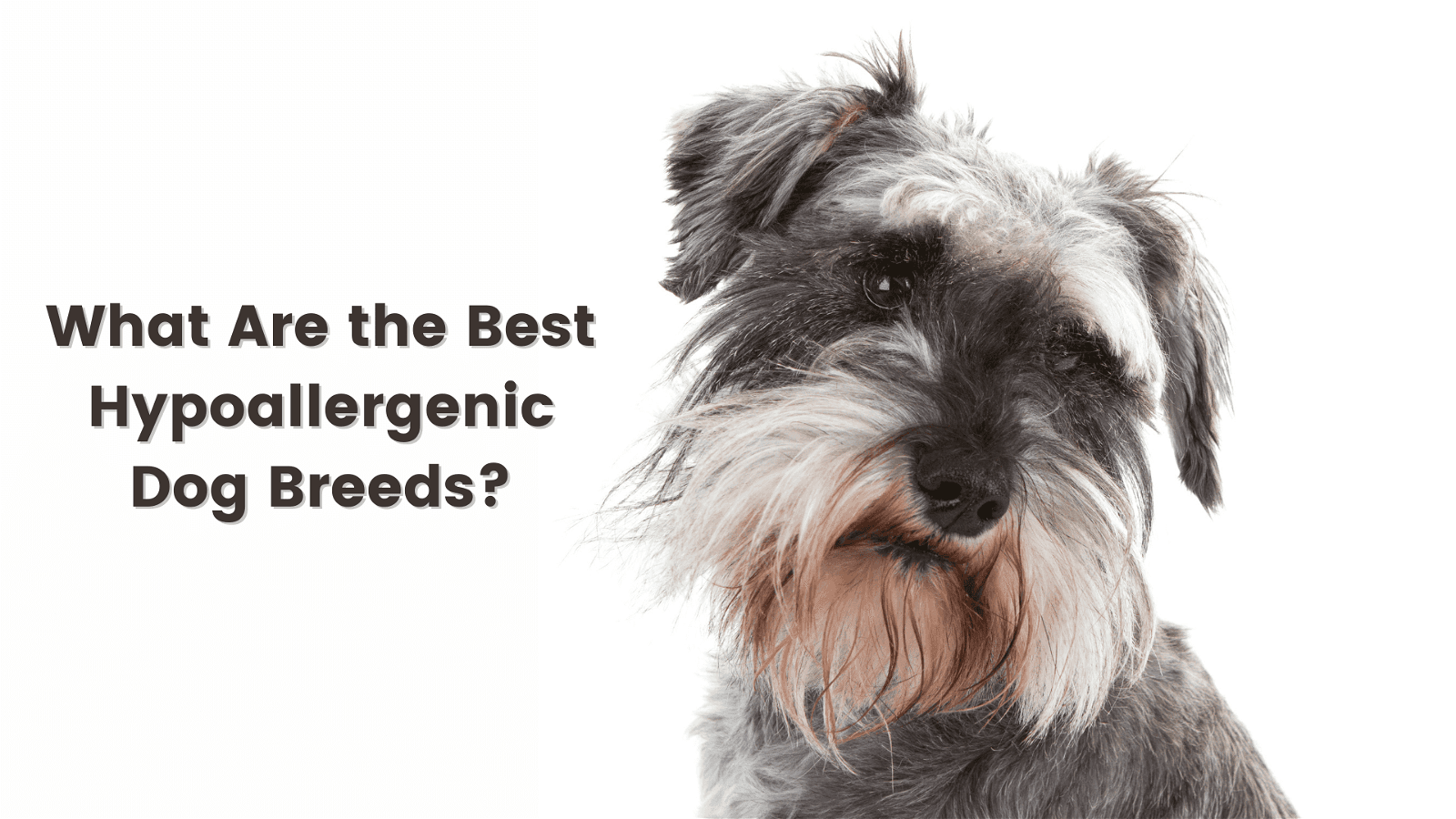
Medium-sized hypoallergenic dog breeds
Medium-sized hypoallergenic dogs make great family companions, especially if you live with anyone suffering from allergies or asthma.
4. Schnauzer
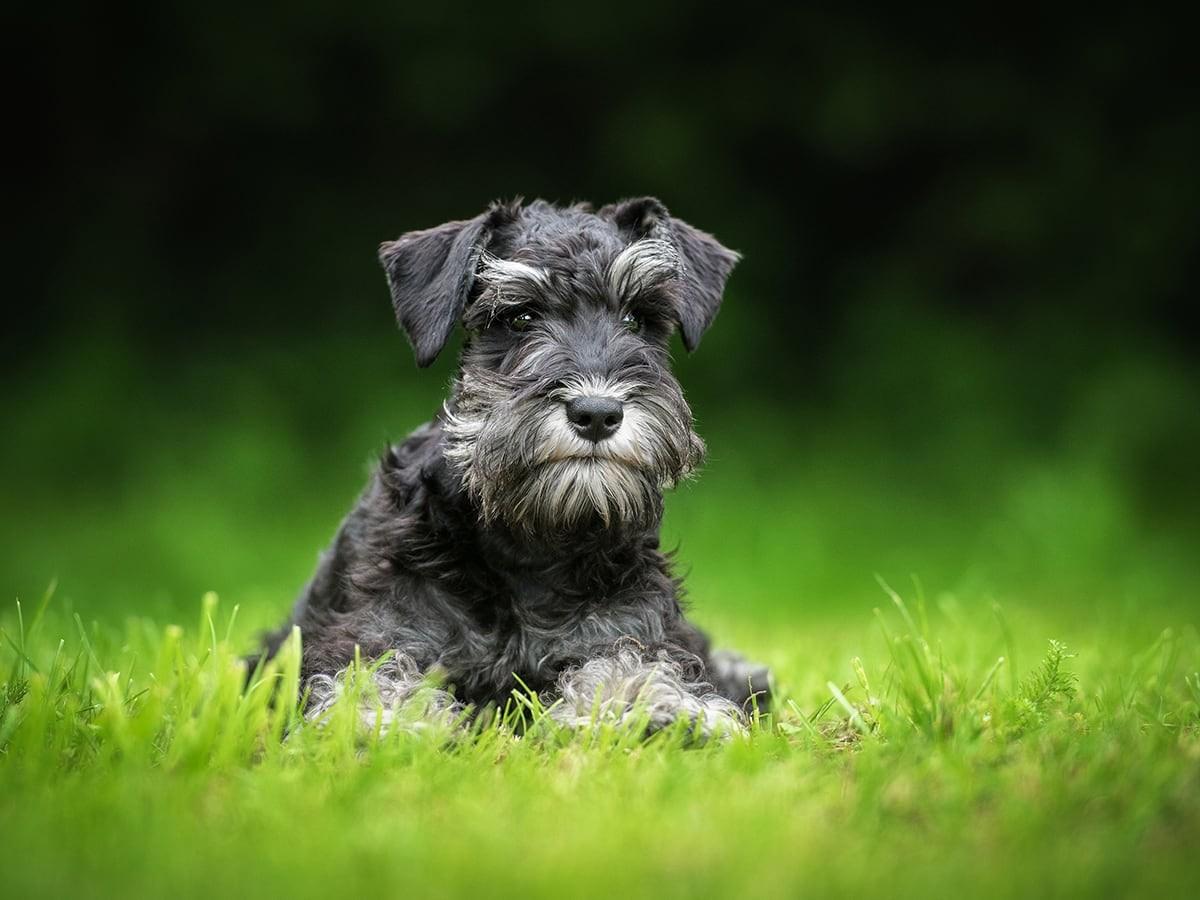
Schnauzers are hypoallergenic and great low-shedding dogs. They do require regular exercise because they are active, so be prepared to commit to frequent walks and play time with this one. Schnauzers also like to bark, so they may be better suited for single-family homes rather than those with pet privileges in apartment buildings.
5. Poodle
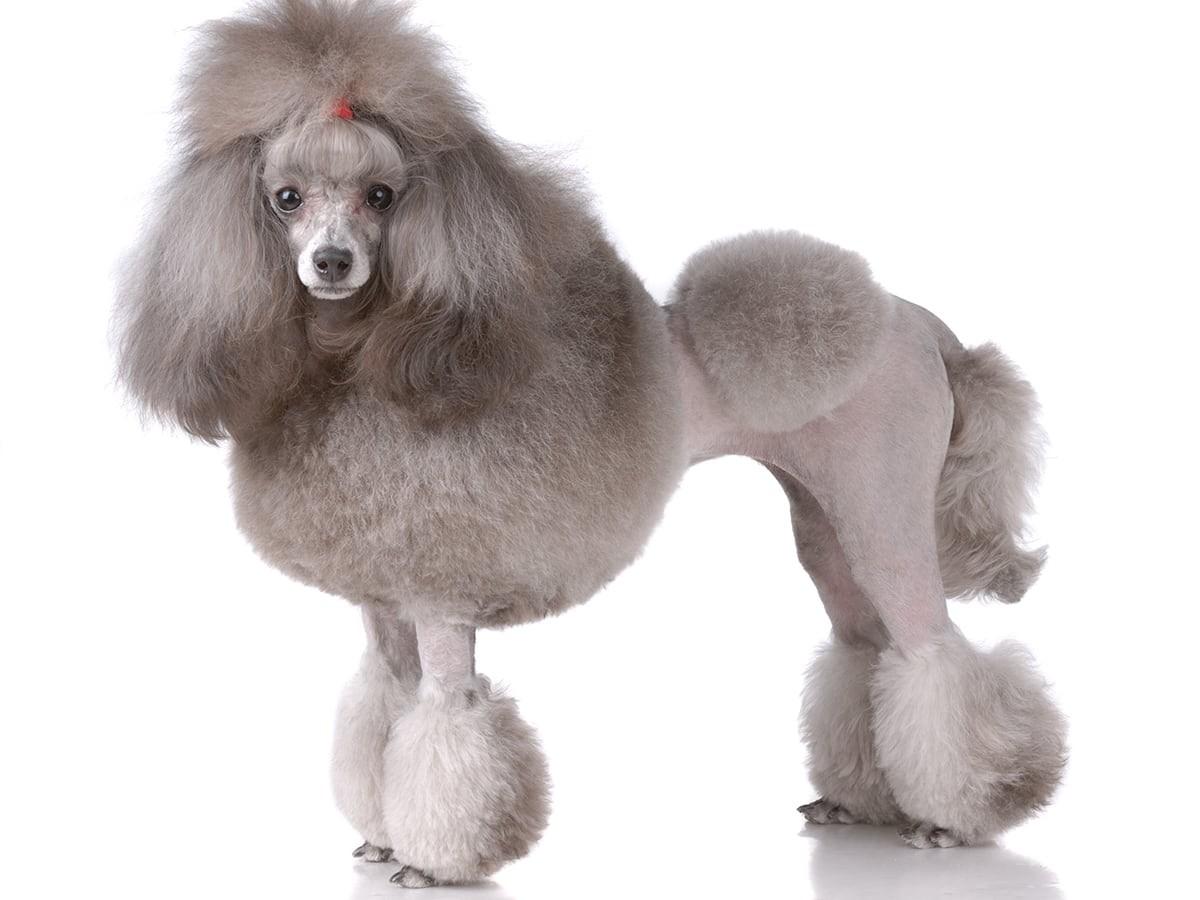
Considered the original hypoallergenic dog, Poodles range in size from toy and miniature to standard. They are often mixed with other breeds to create a hypoallergenic “doodle” that is sometimes referred to as a “designer” dog. Poodles have a single fur coat that is the texture of wool and doesn’t shed. These high energy dogs are exceptionally smart and easy to train, making them great family dogs. Know more about what's the price of a poodle today!
6. Basenji
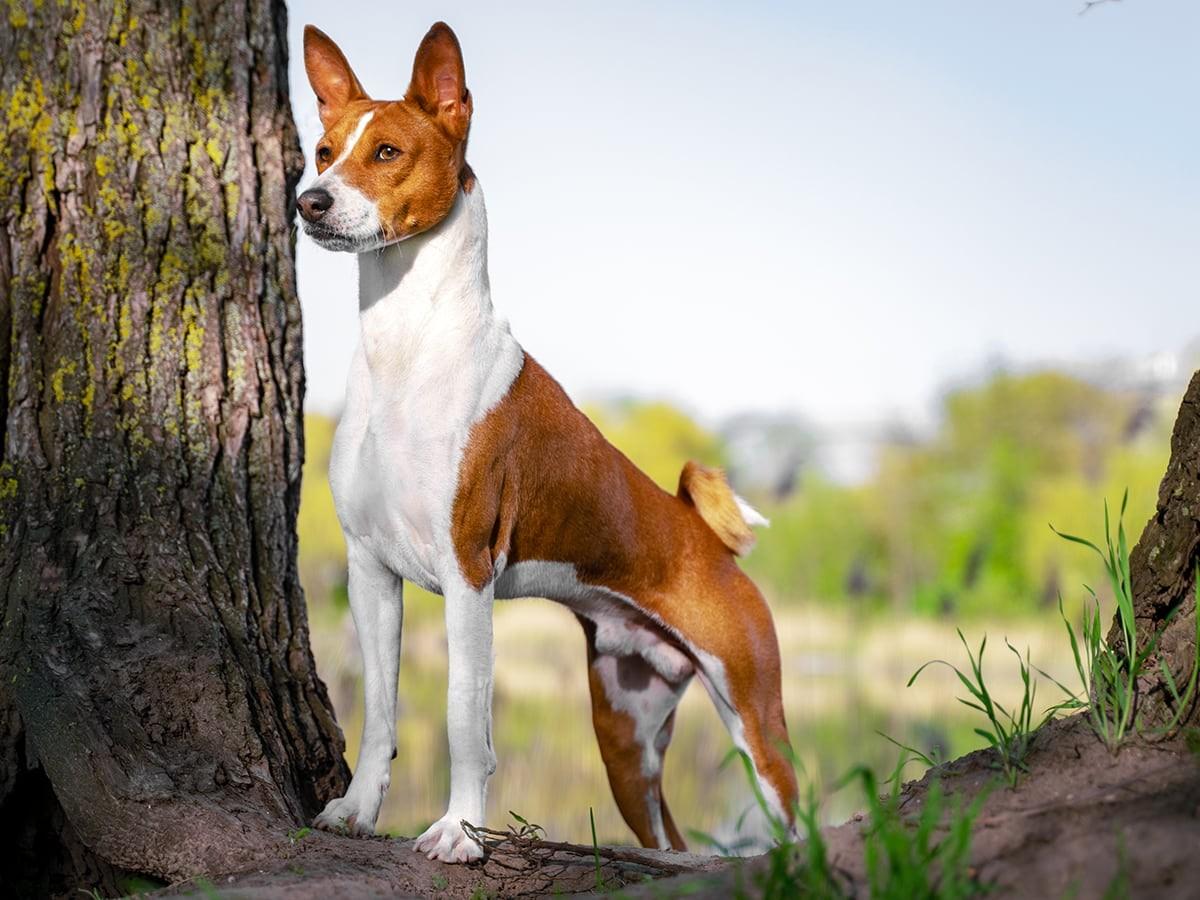
Basenjis are slim, short-haired small to medium-sized dogs with curly tails and extra pointy ears. Some find this breed more akin to a cat with its strong independence and self-grooming habits. Although they are a low-shedding breed, Basenjis are better left to singleton households. If you have the patience to train a difficult dog, Basenjis might be for you.
Medium-sized dogs that are not hypoallergenic:
Large hypoallergenic dog breeds
There’s a misconception that big hypoallergenic dog breeds do not exist, which is not the case! There are a few large dog breeds that can bring immense joy to your family (without the dander).
7. Samoyed
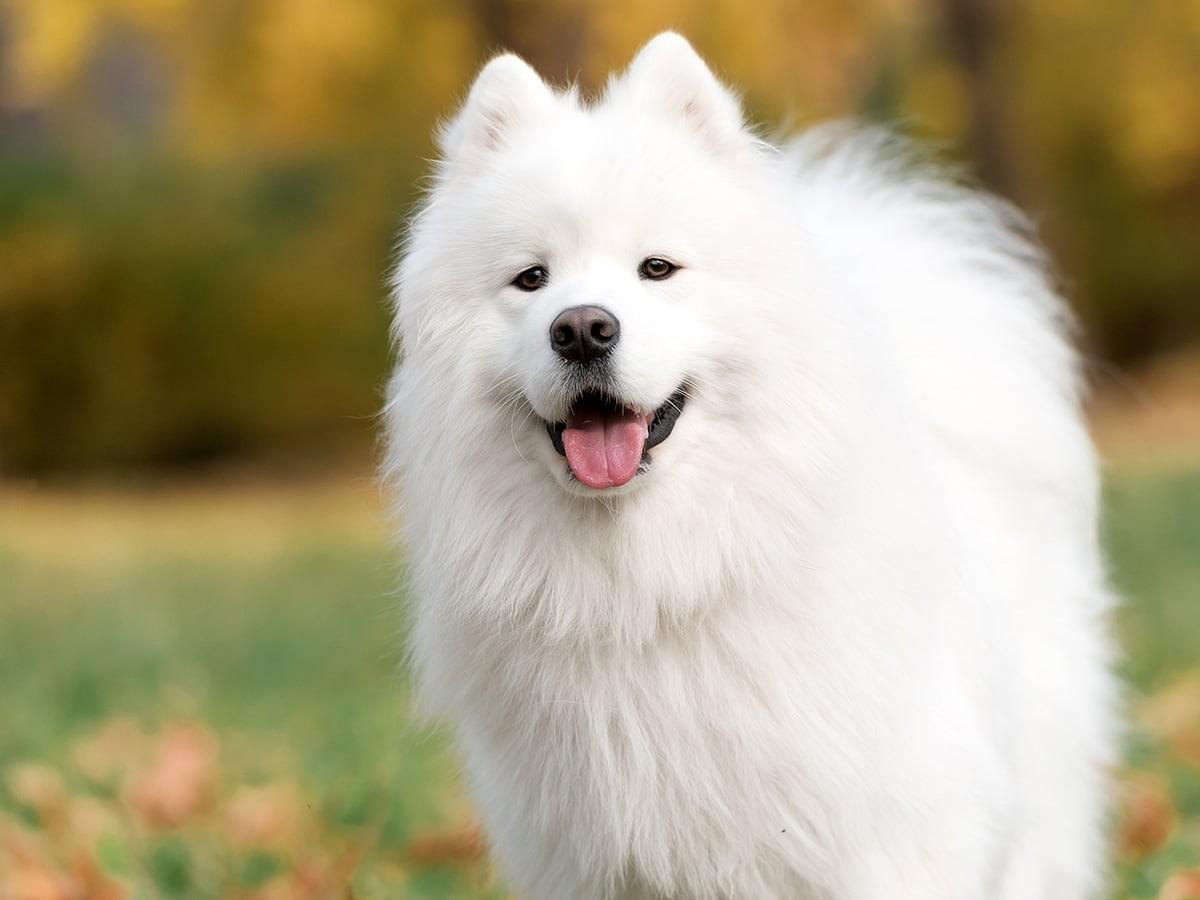
Believe it or not, Samoyeds are hypoallergenic! These dogs defy the allergen odds because they do in fact have a thick, double-layer fur coat and shed a lot. Samoyeds produce less dander than other breeds and their upturned smile stops them from drooling, another common producer of allergens.
8. Portuguese Water Dog
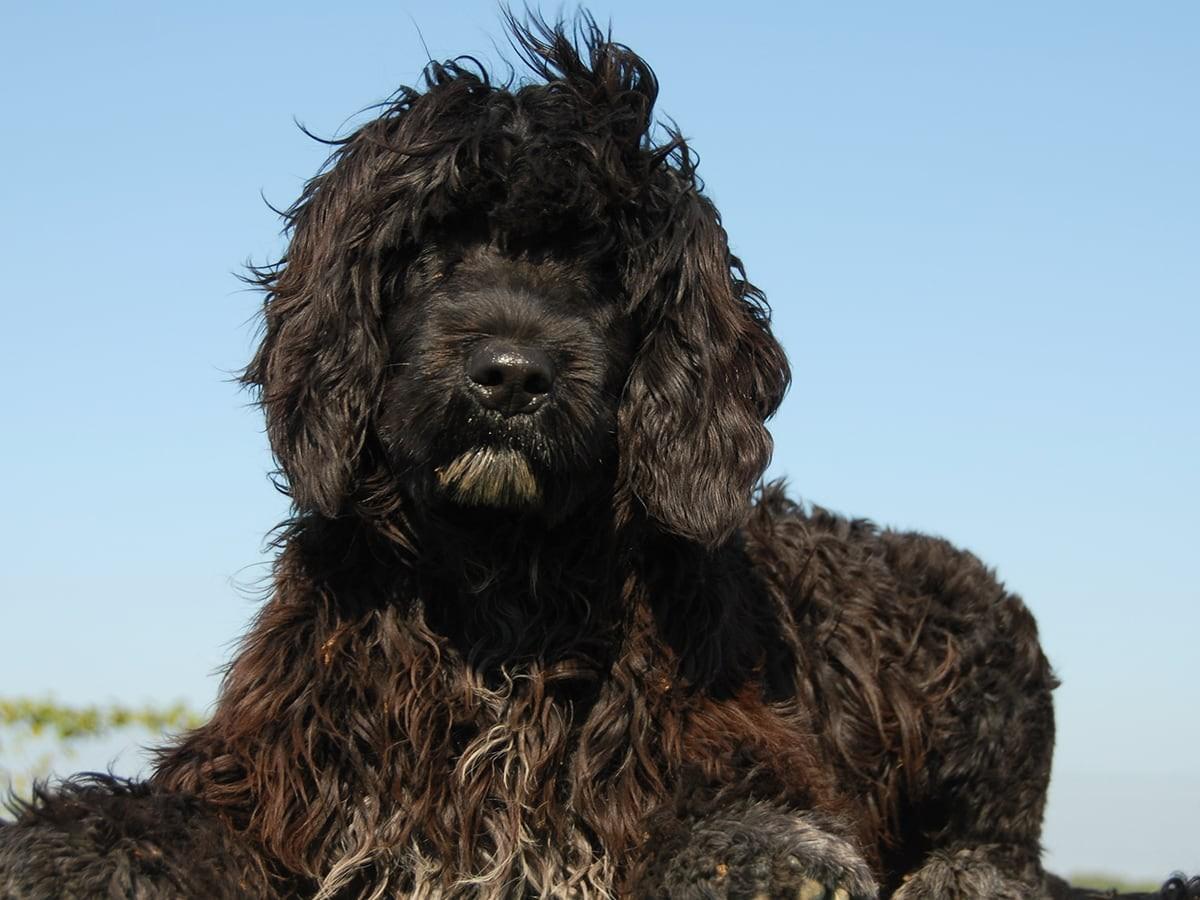
These big softies are great hypoallergenic dogs because they don’t shed their fur. Porties sport a single coat of hair that continuously grows instead of fur. They are great, loyal dogs with equal parts intelligence and playfulness. If you’re interested in a larger, family-oriented hypoallergenic dog, look no further than Portuguese Water Dogs!
Common large dogs that are not hypoallergenic:
Are Doodles hypoallergenic?
Like we said earlier, no dog is 100 percent hypoallergenic. If you suffer from severe allergies, you might want to try volunteering at a pet shelter or visiting a local dog park to see how you feel around different breeds of dogs before committing to bringing one home.
Although Poodles are widely accepted as hypoallergenic dogs, there is no way to know for sure without genetic testing how hypoallergenic a poodle-mixed dog is. That is because it is hard to determine how much of the poodle parent and how much of the other breed parent are present in the offspring. In one litter of doodle puppies, there could be an infinite combination of hypoallergenic versus non-hypoallergenic pups in the litter!
Popular Poodle mixes include:
Goldendoodles (Poodles and Golden Retrievers)
Labradoodles (Poodles and Labrador Retrievers)
Bernedoodles (Poodles and Bernese Mountain Dogs or Saint Bernards)
Aussiepoos (Poodles and Australian Shepherds)
Schnoodles (Poodles and Miniature Schnauzers)
Cockapoo (Poodles and Cocker Spaniels)
Maltipoo (Poodles and Maltese)
Cavapoo (Poodles and Cavalier King Charles Spaniel)
Always ask your breeder or adoption agency for more information on the dog you’re interested in bringing home. Regardless of hypoallergenic status, remember that the best way to keep allergies at bay is to vacuum, clean, and give your pup baths frequently.
Keep your hypoallergenic dog healthy
Hypoallergenic pets are great for people with allergies, young families, and older folks. It’s no fun not being able to be around dogs or cats because of a little dander in the air!
One of the best ways to get help keeping your dog healthy is with dog insurance. Dog insurance can cover skin infections, illnesses, and diseases, so you could have help treating them before your allergies start acting up. Spot Pet Insurance takes your pet’s health seriously. We believe pets make us better people, so consider showing your dog just how much you love them with pet insurance today.

With 10 years of experience as a pet parent, I aim to empower pet owners with insights into pet insurance and maintaining their pet's well-being. I aspire to be a trusted source, combining knowledge with a commitment to the welfare of our beloved pets.

